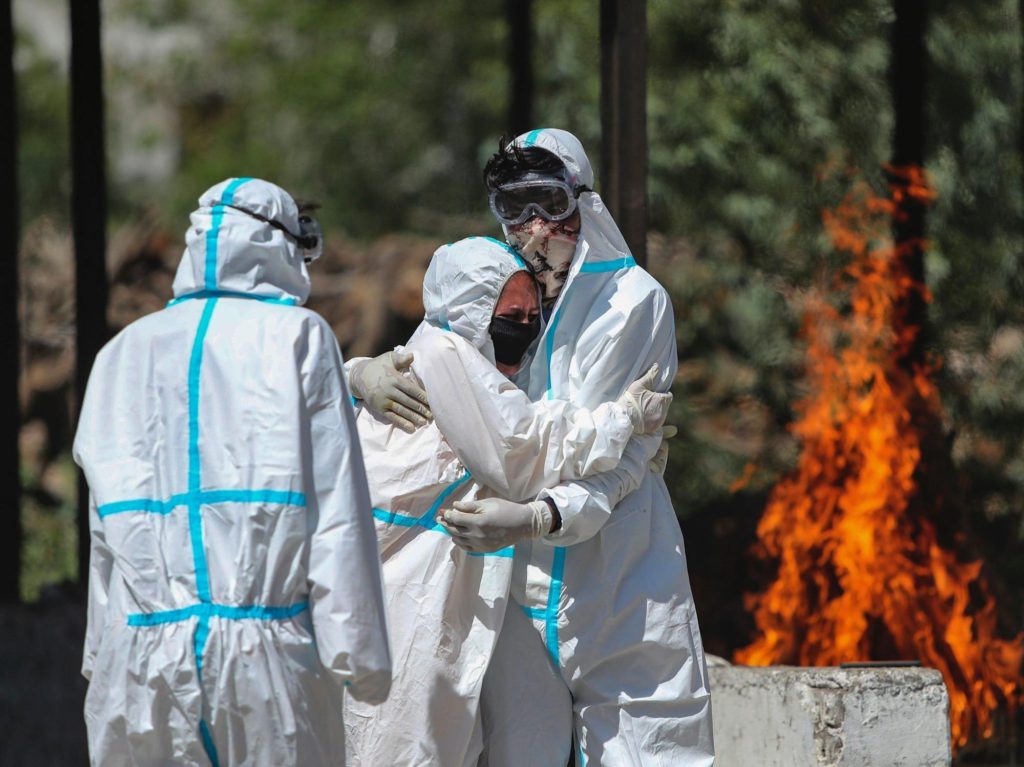[ad_1]
Axios
The next wave of the pandemic: Long Covid
The research is becoming only more clear: People who have had COVID — even those who never had severe infections — are at risk of ongoing health problems, including some serious ones. Why it matters: Long after the majority of Americans are vaccinated, patients and the U.S. health system will likely bear the brunt of millions of people who are struggling to get back to normal. Get market news worthy of your time with Axios Markets. Subscribe for free.Driving the news: Two studies released last week emphasized how common it is for COVID survivors to require care months after their infection. One study, published Thursday in Nature, found that, between one and six months post-infection, people whose coronavirus cases didn’t require hospitalization had a 60% higher risk of death than people who hadn’t been infected with the virus, per the New York Times.These non-hospitalized COVID patients also had a 20% greater chance of needing outpatient medical care over those six months post-infection. Their symptoms spanned across organ systems and also included mental health issues. Some could become chronic health conditions requiring lifelong treatment. “We found it all,” Ziyad Al-Aly, chief of the research and development service at the VA St. Louis Health Care System and an author of the study, told the NYT. “What was shocking about this when you put it all together was like ‘Oh my God,’ you see the scale.”A separate study, published Friday by the CDC, found that 69% of nonhospitalized adults who’d had COVID had one or more outpatient visits between 28 and 180 days after their diagnosis. Of these, two-thirds received a new primary diagnosis.These patients disproportionately were women, were Black, had underlying health conditions, and were at least 50 years old.”Clinicians and health care systems should be aware of the possibility of medical encounters related to a previous diagnosis of COVID-19 beyond the acute illness,” the authors conclude.What they’re saying: “We have hundreds of thousands of people with an unrecognized syndrome and we are trying to learn about the immune response and how the virus changes that response and how the immune response can include all the organ systems in the body,” Eleftherios Mylonakis, chief of infectious diseases at Brown University’s Warren Alpert Medical School and Lifespan hospitals, told the NYT. “The health system is not made to deal with something like this.”More from Axios: Sign up to get the latest market trends with Axios Markets. Subscribe for free
[ad_2]
Source link
